Related to Neuroscience for the Soul
-
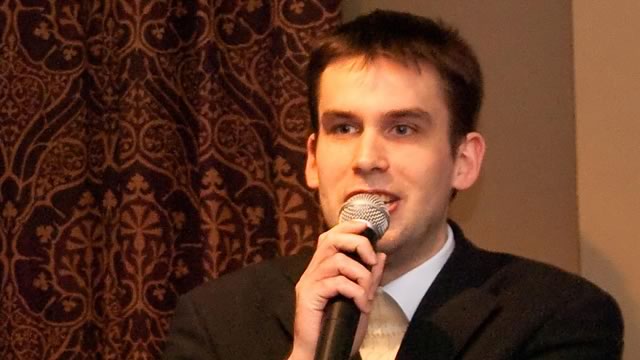
You Know Less Than You Think
Every day we all make perceptions of people and the world around us. But perception is a two-way process and most people don't stop to think about the biases inherent in their own perception. What are these cognitive biases and how much can they affect our judgement?
-
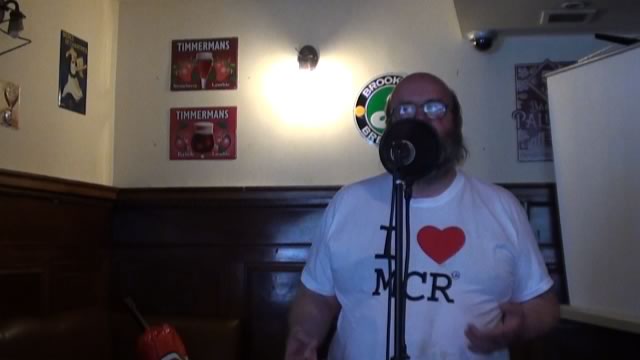
Brainwashed! A Cult Survivor's Tale
Arthur Chappell describes how he was seduced into an Eastern meditation cult in the early 1980's, despite being an ex-Catholic atheist. The talk takes you step by step through the process of conversion, so that you can see step by step how the cult world wraps itself around you, cutting off exits, making rational thinking and doubt difficult and later near impossible.
-
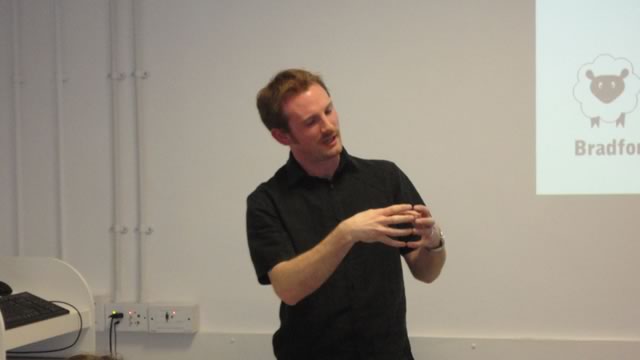
Neuroscience for the Soul
Dr. Craig Aaen-Stockdale (Optometry, Bradford) will give an introduction to the field of neurotheology, which attempts to relate religious behaviour and experience to the workings of the brain. He will review the current literature and give his own thoughts on what, if anything, this tells us.
-
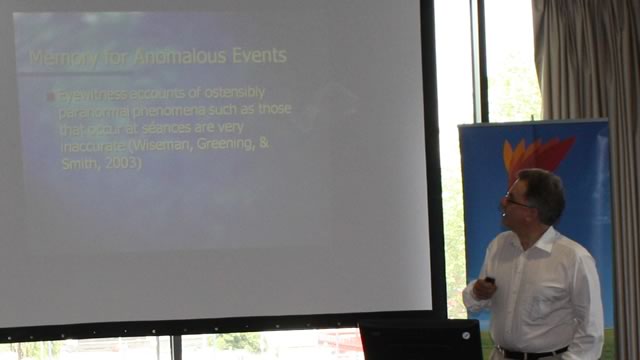
Psychology of Anomalous Experiences
Ever since records began, in every known society, a substantial proportion of the population has reported unusual experiences many of which we would today label as "paranormal". Opinion polls show that the majority of the general public accepts that paranormal phenomena do occur. Such widespread experience of and belief in the paranormal can only mean one of two things. Either the paranormal is real, in which case this should be accepted by the wider scientific community which currently rejects such claims. Or else belief in and experience of ostensibly paranormal phenomena can be fully explained in terms of psychological factors.
-
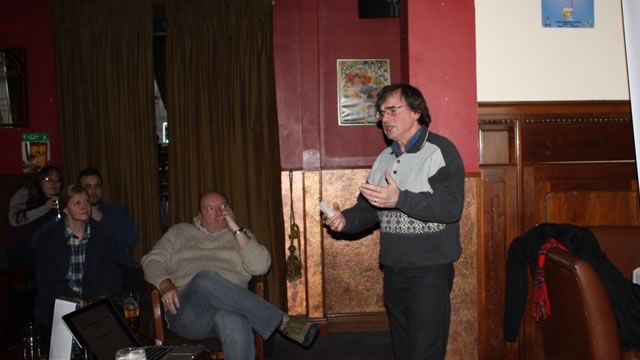
Why do People do Weird Things?
Human behaviour often appears to be maladaptive, pointless, ineffective for its expressed purpose, and even completely absurd. In this talk Michael Heap will examine, with the aid of demonstrations and videos, some examples of odd behaviour that is based on unusual and paranormal ideas and beliefs. These will include healing practices, dowsing, hypnosis, and communication with "the spirit world."
-
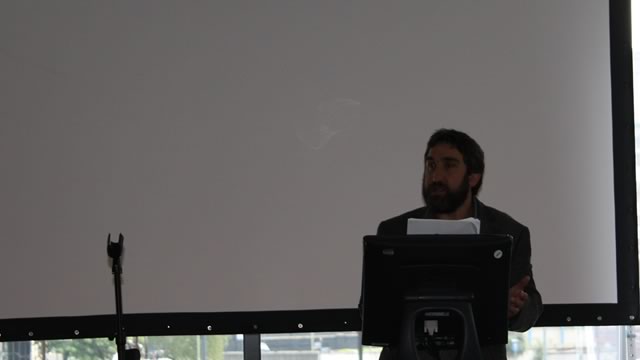
Prescribing Religion: What's the Harm?
Recorded as part of the Enquiry 2010 Conference, Dr Antony Lempert discusses the problems that arise when religious tradition comes into conflict with modern medicine.
